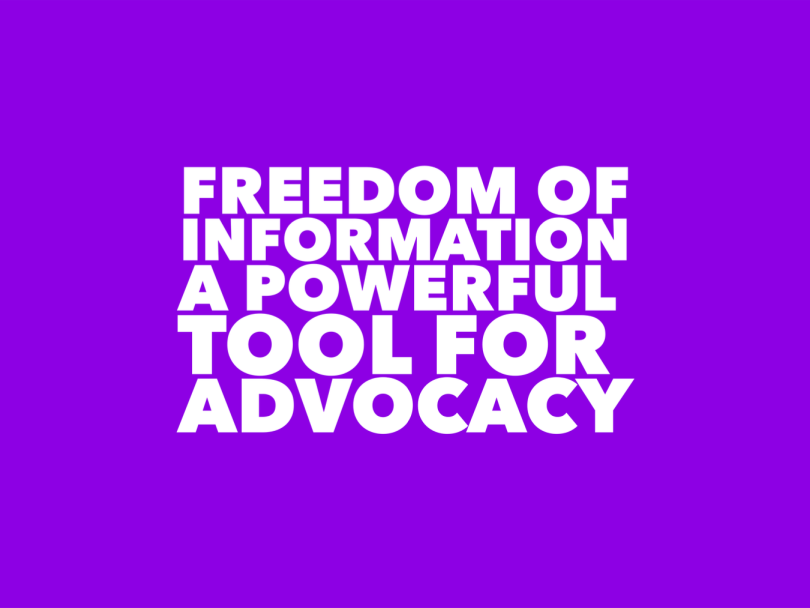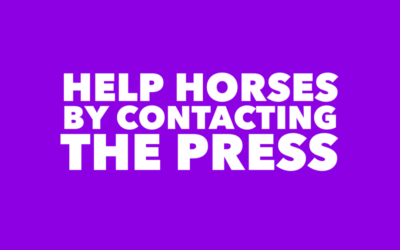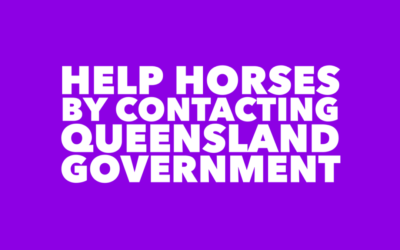AN EXTREMELY USEFUL TOOL FOR ADVOCACY
Advocates for horses and the banning of horse slaughter within Australia (and elsewhere) were thrilled to learn in June of 2023 that horse slaughter for human consumption was to stop at the Meramist facility.
Of course, there were – and still are – over 30 knackeries in Australia slaughtering horses for pet food.
The facility was to be sold but that deal – as far as we know – has fallen through.
THERE’S A WEALTH OF INFORMATION AVAILABLE
One of the questions we are often asked is how do we know so much about what’s going on with horse slaughter within Australia.
One of the ways is we exercise the right of all citizens of Australia to a “Right to Information”.
Information is a valuable and powerful resource which is at the heart of every government decision and activity.
Freedom of information (FOI) means the right of the public to access information Australian Government ministers and Australian Government agencies hold, including Norfolk Island agencies, with some exceptions.
This right is promoted and enforced in the Freedom of Information Act 1982 (FOI Act).
The FOI Act recognises that the information government holds is a national resource and is managed for public purposes, and that public access to it should be prompt and at the lowest reasonable cost.
Each state and territory also has a freedom of information law that covers the agencies of the state or territory. [Details here.]
For advocacy purposes, it is extremely useful to understand how to access this information. It costs about $50 for each ‘application’. Every government department has to provide information.
So for example even though Meramist is a private company, they fall under the Department of Agriculture and Fisheries and whenever an animal welfare incident occurs, the veterinarian who is on site, who is employed by the Federal Government has to report it.
That report is a document that the public can access by exercising their right to the Freedom of Information Law.
Meramist (or any other company involved) is informed when an application is made.
The first step to starting the process is to look through the disclosure log.
Every government department or statutory authority has to have one. A disclosure log lists all previous applications for information and whether they were successful.
It is important to note that you can’t ask questions, you need to ask for documents, data, lists, etc.
One can pick up clues from what each government department releases and publishes.
For example one of the government press releases mentioned The Carcass Management Plan about the wild horses of the KNP.
Therefore one can apply for documents relating to the Carcass Management Plan.
You’ll find more details about the Freedom of Information law and exactly how to apply for documents here.
If we can be of any help, or provide any guidance, please don’t be shy – reach out.
As always thank you for caring!
No Results Found
The page you requested could not be found. Try refining your search, or use the navigation above to locate the post.
#MOHM NEEDS YOUR HELP!
We’ve been threatened by those in the horse racing industry and those who benefit from horse slaughter more times than we can count.
But we are not going away.
We are going to persist until horse slaughter no longer exists for any purpose within Australia -- and until the horse racing industry makes drastic changes.
We are going to continue our hands-on work to offer lifelong sanctuary to as many horses as possible. We generally have 20 at just one of our locations - at any given time.
We have the acreage to take on more horses as financial support allows.
HELP HORSES CONTACT THE PRESS
THANK YOU FOR ADVOCATING FOR HORSESDear fellow horse advocates, We urgently need your voices! Despite the clear recommendations from the Martin Inquiry, significant action has yet to be taken to improve the welfare of racehorses in Queensland. The press plays a...
HELP HORSES: CONTACT QUEENSLAND GOVERNMENT
THANK YOU FOR ADVOCATING FOR HORSESDear fellow horse advocates, Despite the clear recommendations from the Martin Inquiry, significant action has yet to be taken to improve the welfare of our horses. We must hold the Queensland government accountable for their...










